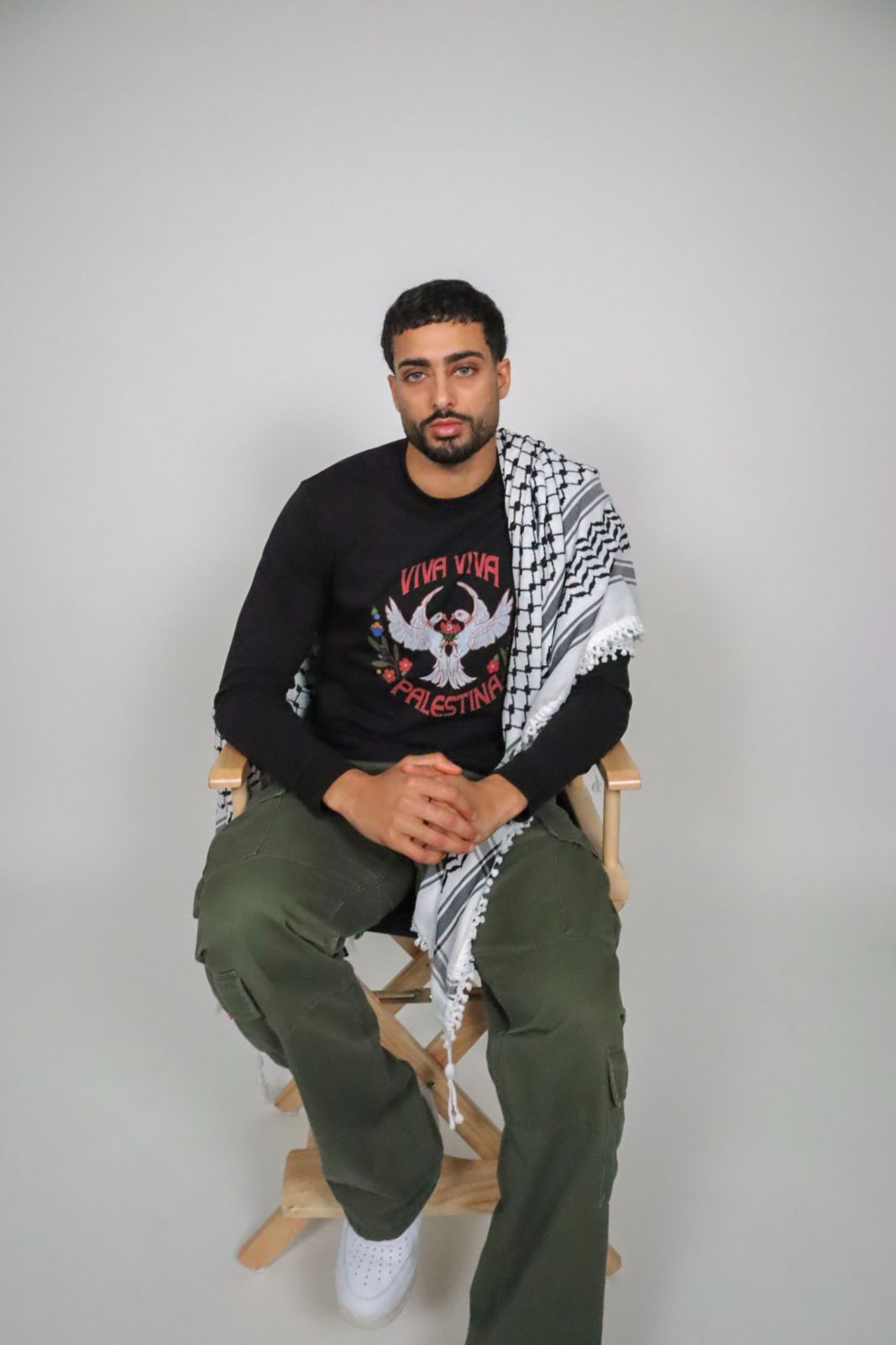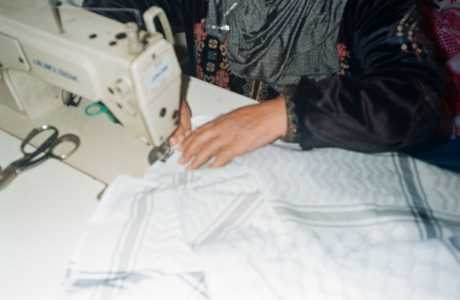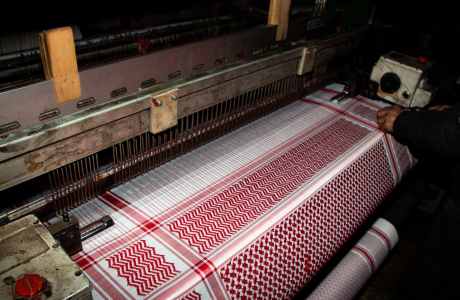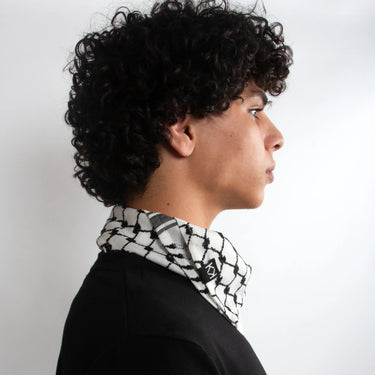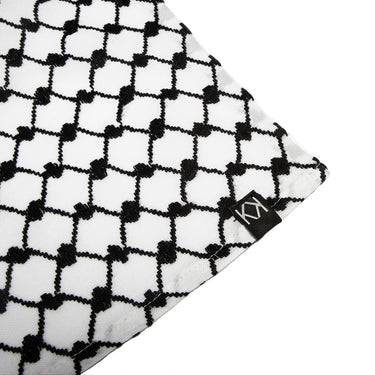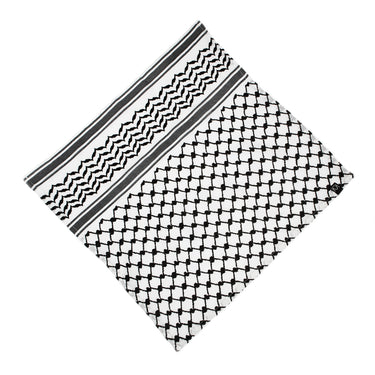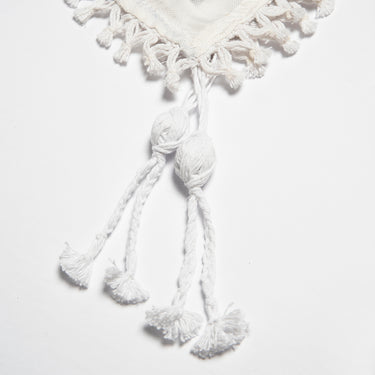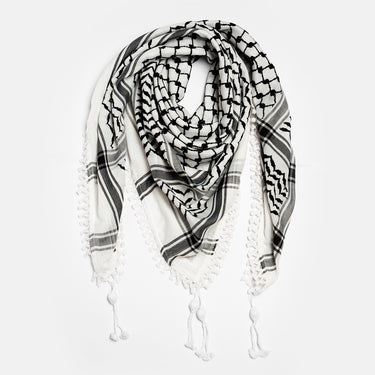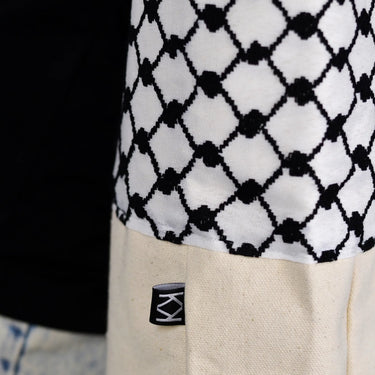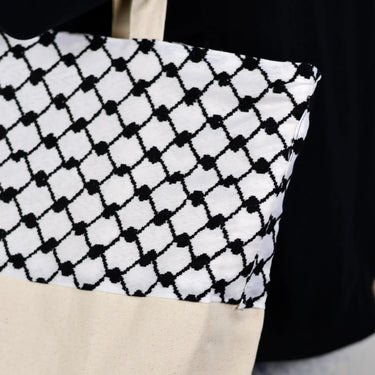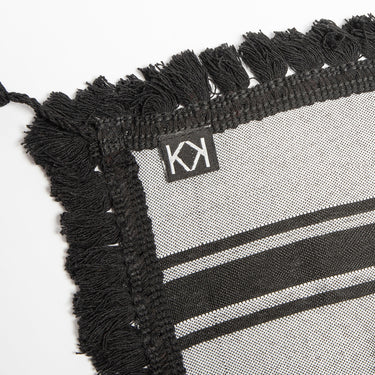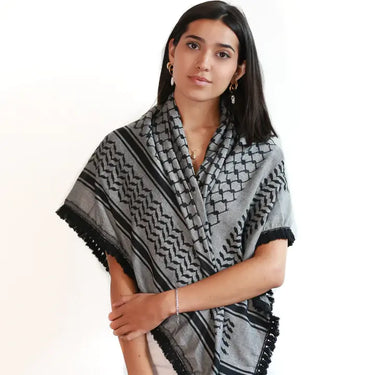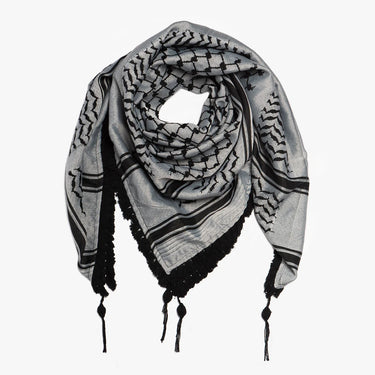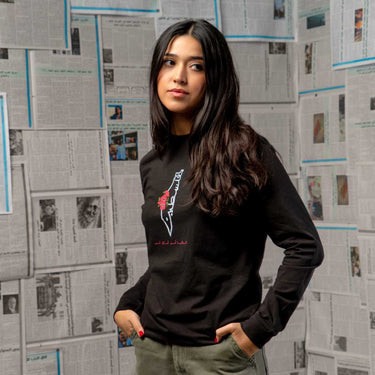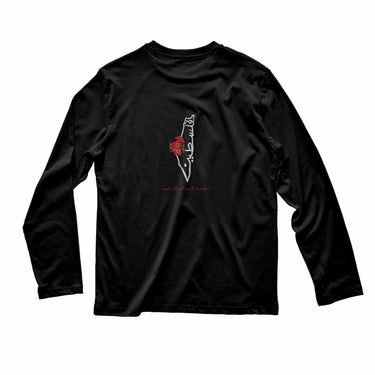In 2019, Egyptian-American comedian Ramy Youssef premiered his self-titled dramedy series, Ramy, on Hulu to wide acclaim. Have you binged it yet? Well, as Ramy prepares to premiere its third season, cast member and Palestinian comedian Mo Amer premiered his own dramedy series, Mo, on Netflix which has held a spot on the top 10 most watched shows in the U.S. since launching on August 24th. With Ramy himself co-writing Mo, it’s got us wondering how these two comedic drama series about Arabs in the diaspora are similar or different.

An immediate difference between Ramy and Mo is in the emotional experience viewers will have watching them. Despite both shows handling deep topics like their protagonists’ Arab identities in America, immigration histories, and relationships to Islam with the comedic sensibilities that both creators are known for; Ramy and Mo use entirely different comedic tropes to do so. Mo’s deeply empathetic cast and the over-the-top situations that they find themselves in perhaps most closely resemble classic sitcoms or so-called “stoner comedies” of the 2000s. As a result, audiences form a deep and heartfelt connection to the Najjar family across the show’s 8 episode run time (so far at least– we’re all excitedly awaiting news of another season…)
It also can’t be understated how significant it is to have Palestinian-written Palestinian characters represented with such humanity in the American media landscape. After all, as Mo Amer said himself, Mo is “the first American show about a Palestinian family created by and starring a Palestinian actor.”
We also can’t neglect to mention that Cherien Dabis, who is featured in Mo and has directed numerous episodes of Ramy recently became the first Palestinian to be nominated for an Emmy in Outstanding Directing!

Ramy, on the other hand, makes for a much more taxing viewing experience. The comedy in Ramy is most akin to cringe comedy performed by a cast of “sacred monsters'' (i.e. deeply flawed and usually unlikeable protagonists like Curb Your Enthusiasm’s Larry David or the cast of It’s Always Sunny in Philadelphia, whom audiences can’t help but relate to regardless). It’s especially rare to find Arab characters on TV written with enough depth and care to fulfill this archetype at all. In other words, Ramy’s actions and dialogue throughout the show often make it difficult to empathize with him whatsoever, but isn’t feeling that way the most universal thing of all? Don’t Arabs get to be (relatably) bad too?

Ultimately, it might not be all that useful to compare Mo and Ramy to other American comedies because they’re carving out a genre of their own. This brand of diaspora dramedy not only features Arab characters but centers those characters’ Arab and Muslim identities in the storytelling. Therefore, the biggest difference between Mo and Ramy might have nothing to do with their comedic styles at all but instead the distinct regions and experiences their characters represent. The story of a Palestinian refugee whose homeland is being actively colonized and besieged is very different from that of an Egyptian immigrant whose country is coming to terms with an ultimately rudderless revolution.
One can only imagine the diverse range of diaspora stories that these two trailblazing shows will inspire next, and we’ll definitely be watching!

